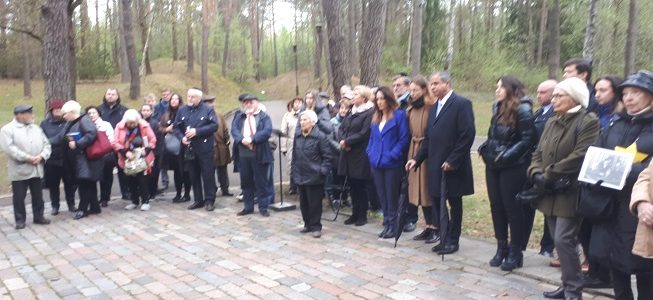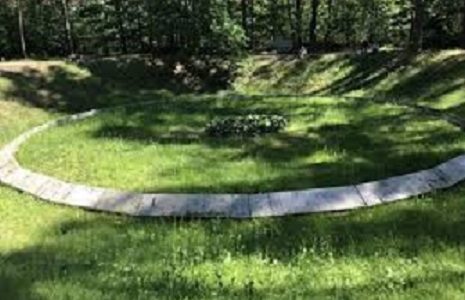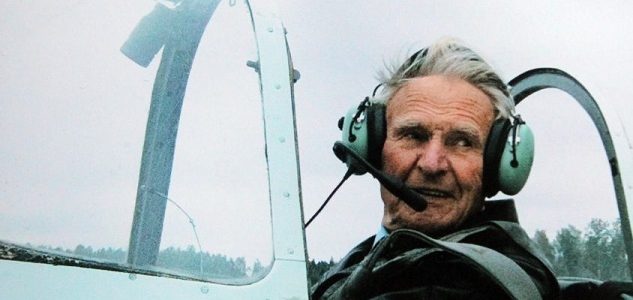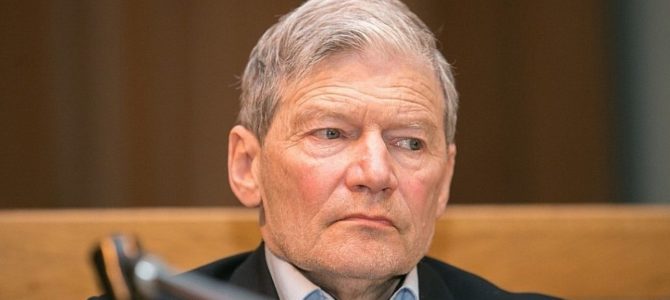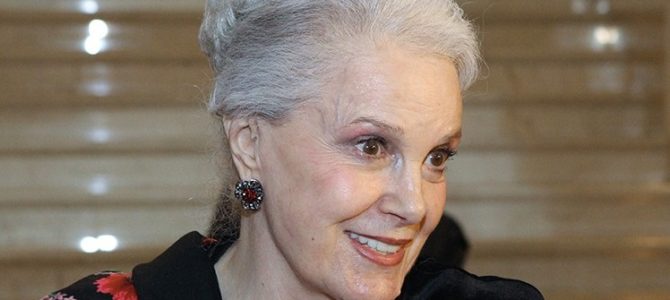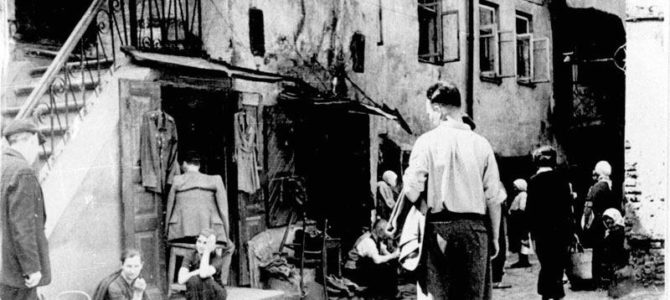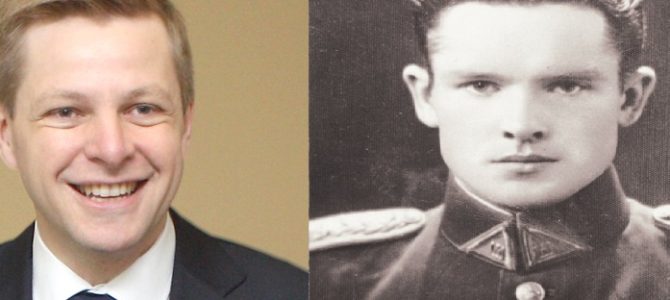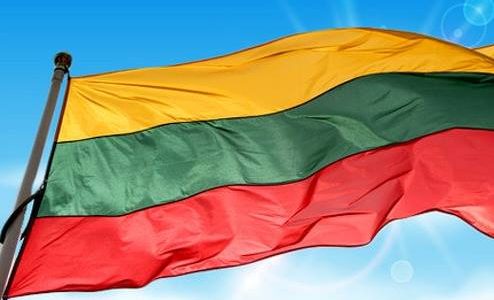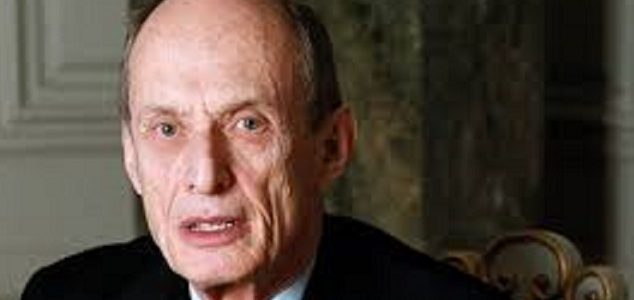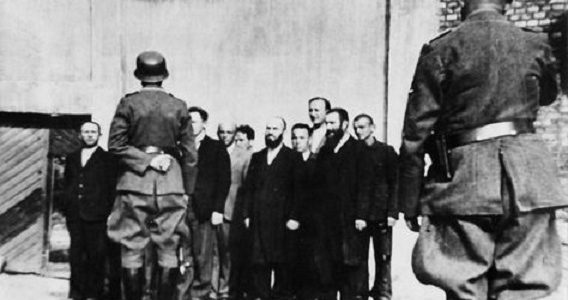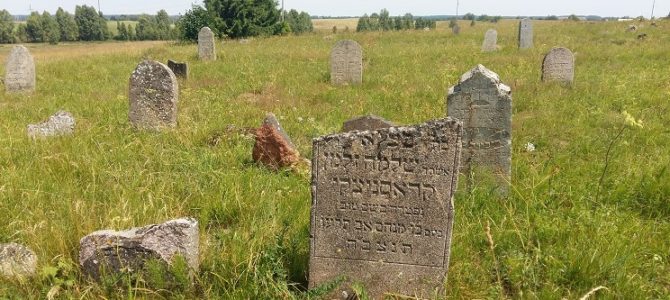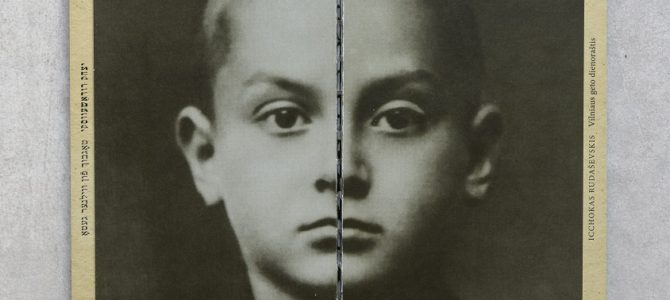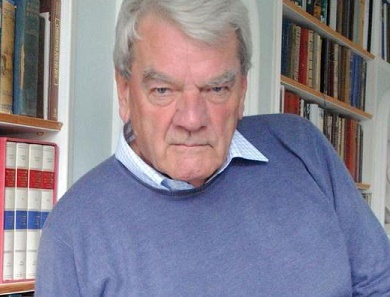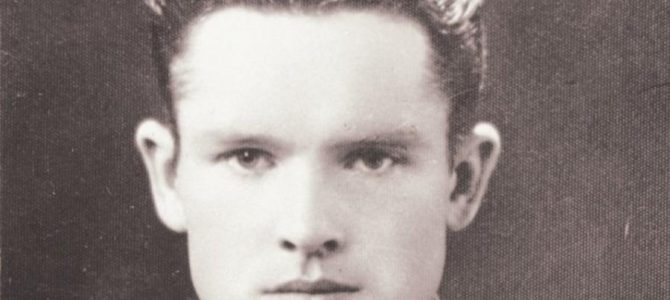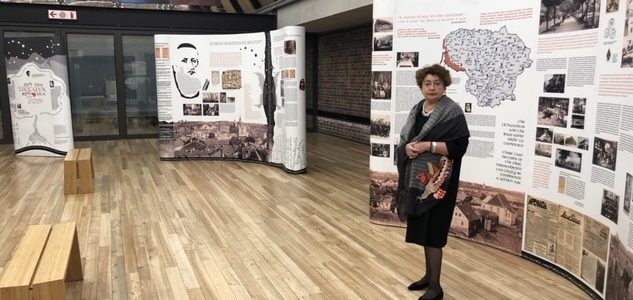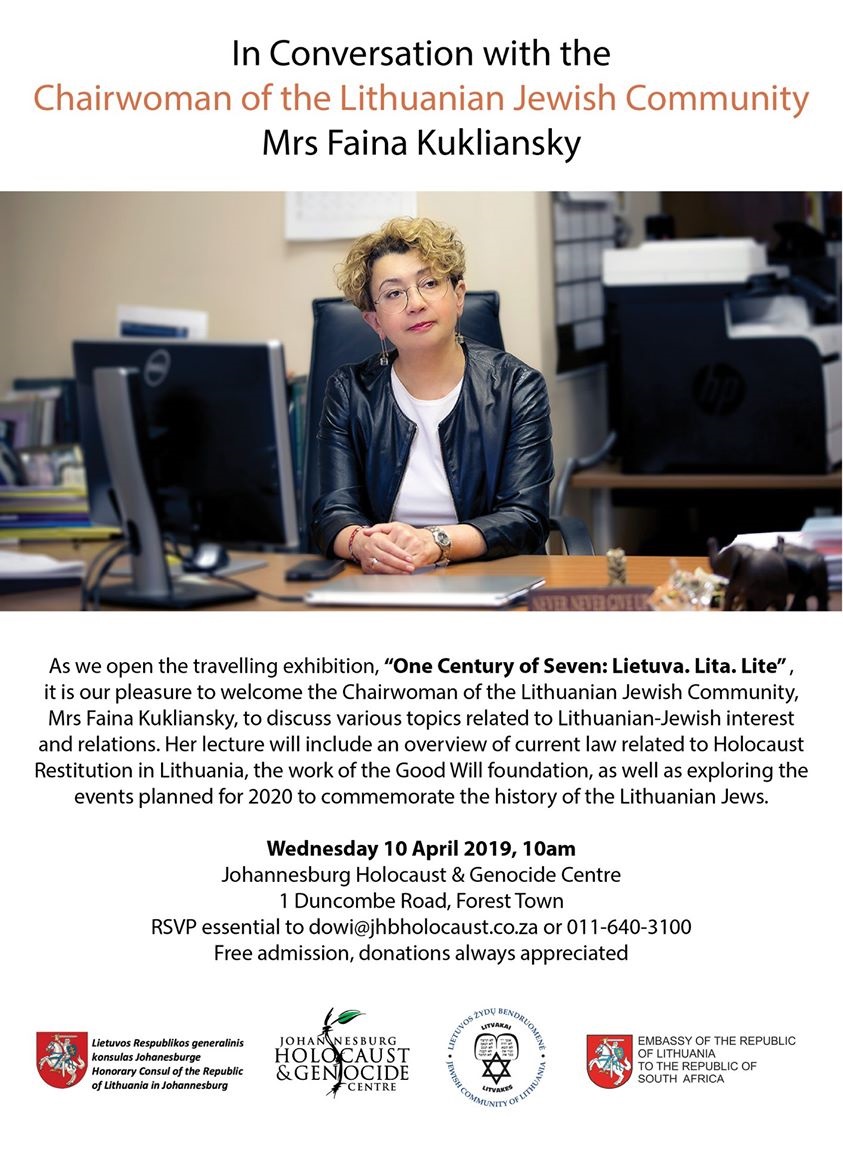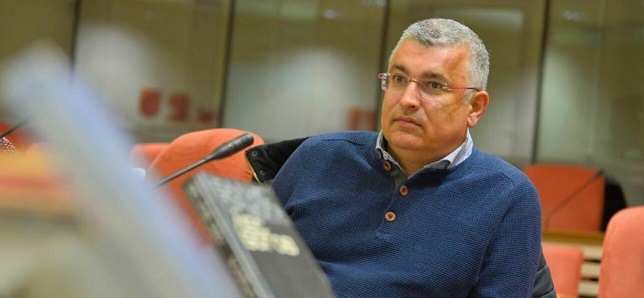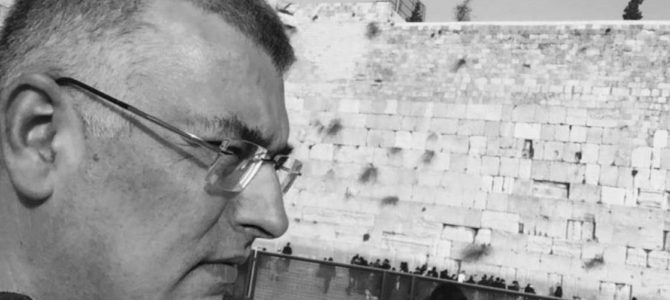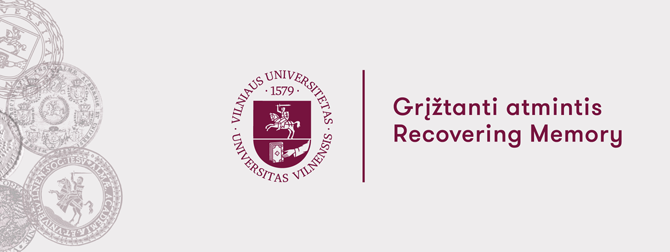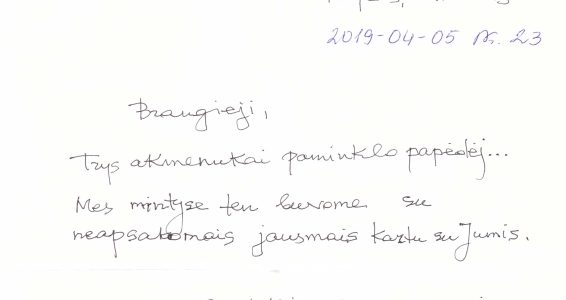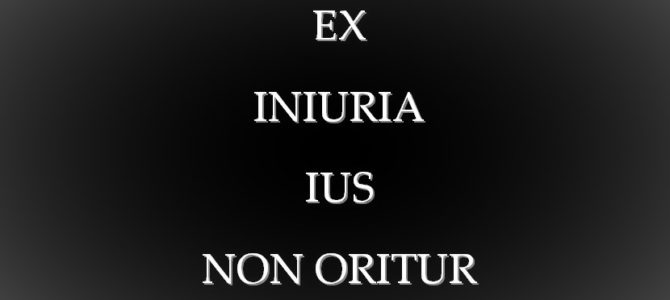Victims of the Holocaust were commemorated at Ponar outside Vilnius April 2 on Yom haSHoah or Holocaust Day.
Lithuanian Jewish Community chairwoman Faina Kukliansky, Israeli ambassador to Lithuania Amir Maimon, members of the community and Holocaust survivors placed wreaths at the central monument there, offered up prayers and placed small stones at the edge of the killing pits.
Kukliansky said this year’s commemoration didn’t include a March of the Living from the Ponar railroad to the mass murder site and that Lithuanian politicians weren’t invited. She said there will be larger commemorations in Kaunas and Šiauliai in July.
“The anniversary of the liquidation of the Kaunas ghetto will be held on July 14 and that of Šiauliai July 15, and there is the 23rd [of August?], observed nationally. We decided to do without speeches, we will just attend,” she said.


